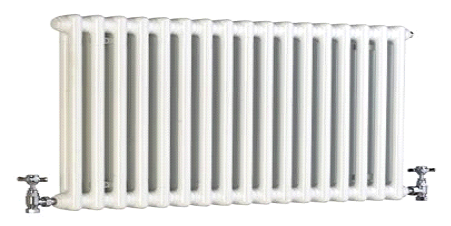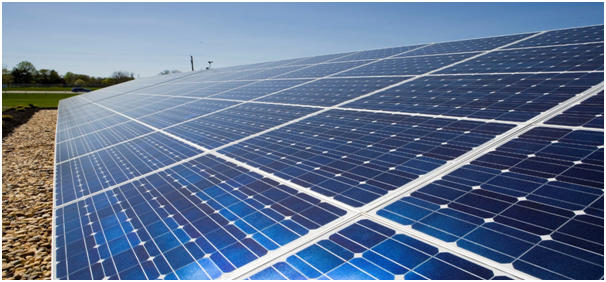Here in the UK, we have several different types of home heating systems available. Let’s take a look at the different options and how much each will cost and if here are any savings to be made.
Gas
Most households have mains gas central heating which is known as a ‘wet system’. Basically, this means that a gas-powered boiler heats water which provides central heating through a network of radiators and taps in your house. Any home not connected to the gas network can use LPG (Liquid Petroleum Gas) which gets delivered and kept in a tank but works in the same way as a gas heating system. The age of your home and level of insulation will affect your running costs as will your location in the country.

Gas is very efficient, which is why it’s so popular. Modern condensing boilers can be 90% or higher in efficiency ratings as they can use hot flue gases which were previously wasted in older boilers. There is no need for storage as the gas is piped straight into your home. Finding a Gas Safe registered fitter has never been easier on the Gas Safe Register website. For Boiler repair Gloucester, visit http://www.hprservicesltd.com/boiler-repairs-and-servicing-gloucester/
Electric
Electric heating is another option but tends to be costlier than gas. The most economical electric heating is called night storage heating. Heating the home at night benefits from the cheaper ‘night’ rate for the cost of electricity. Inside the heaters are heat-absorbing bricks which are designed to keep the house warm throughout the day. Economy 7 and 10 are the tariffs used by the energy suppliers. Storage heaters are quicker, cheaper and easier to install than a gas central heating system and also don’t require yearly servicing but electricity is between three and four times higher than gas per unit. You’ll also be charge a higher than standard rate per unit for any daytime use as well.
Renewable
With the rising cost of energy and environmental concerns, many people are looking for alternatives to gas and electricity. Reducing your carbon footprint and becoming less reliant on heavily demanded, expensive fuels will benefit your pocket and your conscience.
Solar Panels – this involves harnessing the power of the sun and using it to heat your water and home. Free power can be used when you’re generating solar energy and a display inside your property will tell you when this is happening. Solar panels will need to be fitted to your roof which is expensive and depends on the best position for attracting the sun and whether your roof faces it.

Wind Turbines – you can mount a turbine on a roof or have a free-standing one. Wind turbines still require mains power and therefore are more of a complimentary source of energy rather than a sole source.
Wood-burning stoves – this are quite pricey to install but means you don’t have to run the central heating. A stove is a great way of just heating the living space you use and not the whole house. However, buying one with a back boiler will also heat the rest of the home. Heating your home could potentially cost you nothing if you sourced your own wood, dried it out and had a regular supply.


